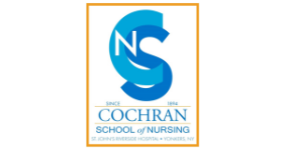
Complete the general education courses for your degree with Gateway Education. Take as many college courses as you would like for only $95 per month and choose your courses below for only $55 per course. All Gateway Education courses are 100% online, ACE recommended and transferable to Cochran School of Nursing.
Available Courses
Anatomy & Physiology I
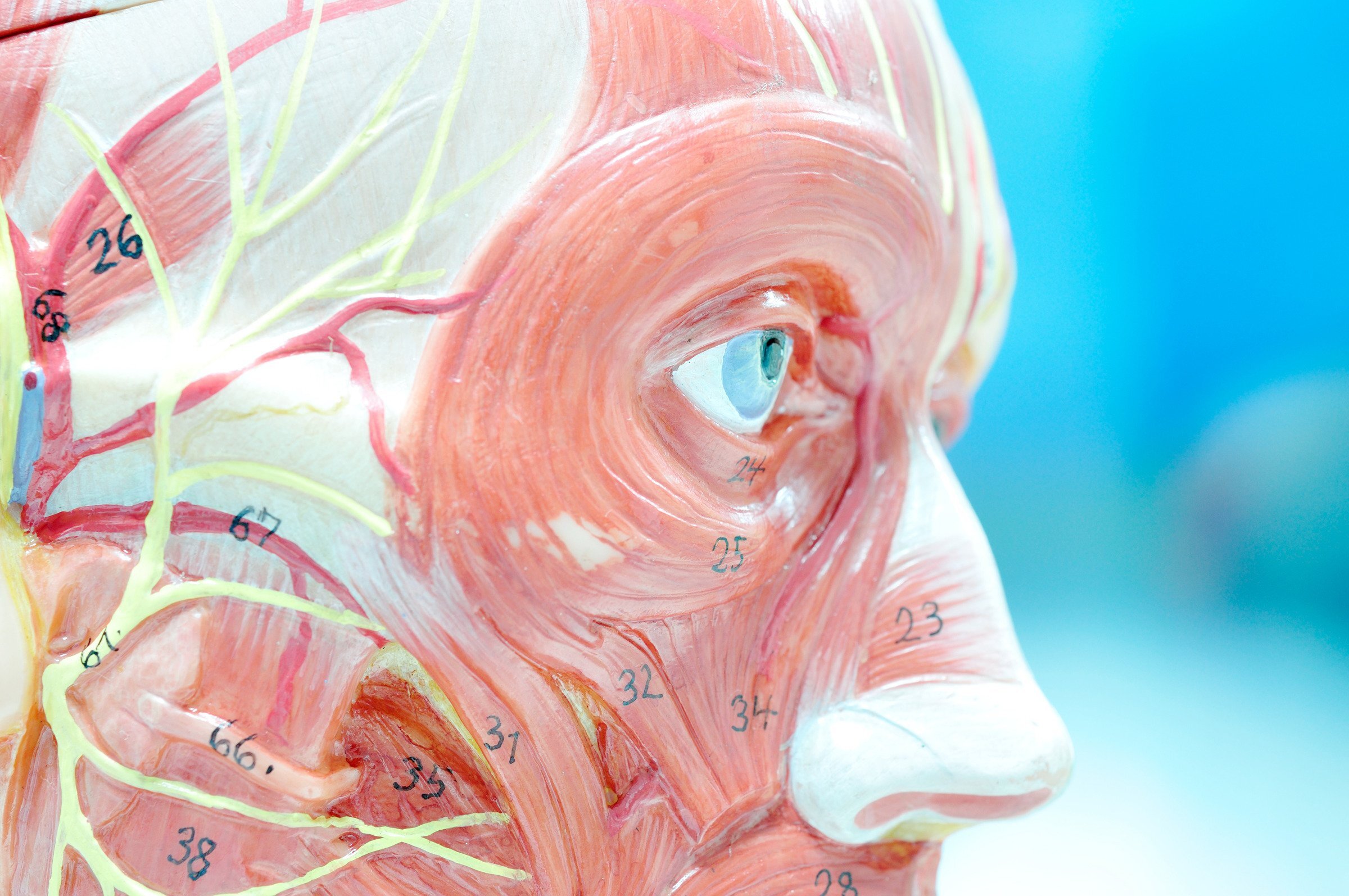 Read more
Read more
College Credits: 3
As the first part of a two course series, this course initiates the application of the conceptual framework to the subject of Human Anatomy and Physiology, by introducing many scientific concepts and providing a comprehensive overview of the integrative mechanisms that contribute to the function of the human body. The course places emphasis on organization and overview of the human body, chemical reactions, maintenance of the body, integration, regulatory mechanisms and the dynamics of support and motion. Specific topics covered include anatomical terminology, organization of the body, histology, cell biology, and tissues, the integumentary system, the skeletal system, joints, the muscular system, nervous system, neural integration, special senses and the autonomic nervous system.
Anatomy & Physiology II
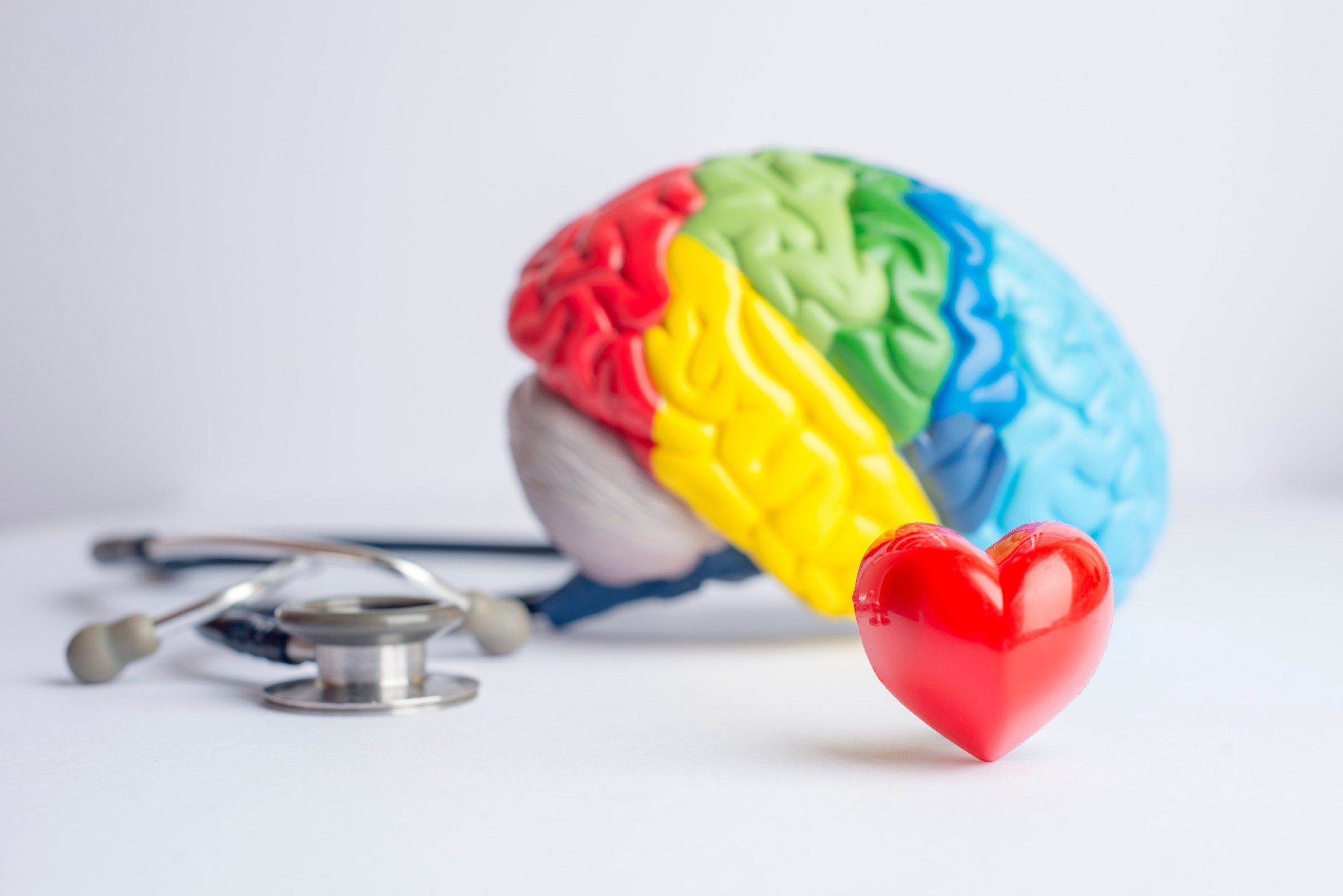 Read more
Read more
College Credits: 3
As part two of a pair of courses, this course briefly reviews basic concepts and principles related to the function of the human body, and then continues the application of this established conceptual framework set up in the first session of Human Anatomy and Physiology, by providing a comprehensive overview of the integrative mechanisms that contribute to the function of the human body not covered in the first session of the course. The course places emphasis on organization and overview of the human body, chemical reactions, maintenance of the body, integration, regulatory mechanisms and the dynamics of support and motion, as they pertain to topics not covered in the first session of the course. Specific topics covered include a review of A&P fundamentals from A&P I, the endocrine system, the cardiovascular system, the vasculature and respiratory system, the lymphatic and immune systems, the digestive system, the urinary system, fluid and electrolyte balance, and the reproductive system.
Anatomy & Physiology Lab I
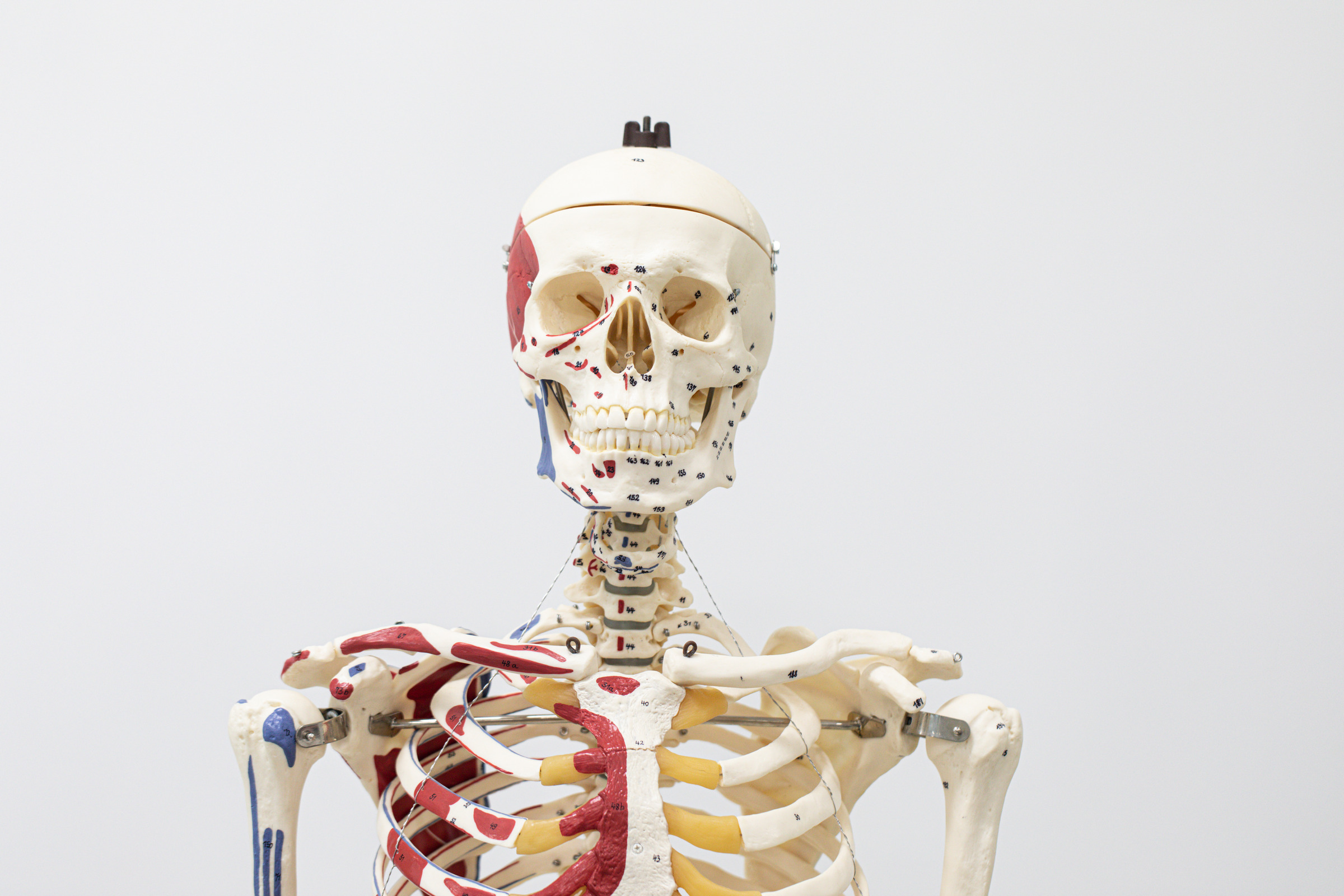 Read more
Read more
College Credits: 1
This stand-alone lab course can be used alongside an A&P I lecture. This lab course initiates the application of Human Anatomy and Physiology by having students complete at-home laboratory experiments, guided by online exploration activities, exercises, and evaluations. It is the first part of a two part series. The lab course places emphasis on organization and overview of the human body, chemical reactions, maintenance of the body, integration, regulatory mechanisms and the dynamics of support and motion. Specific topics covered include anatomical terminology, organization of the body, histology, cell biology, and tissues, the integumentary system, the skeletal system, joints, the muscular system,
Anatomy & Physiology Lab II
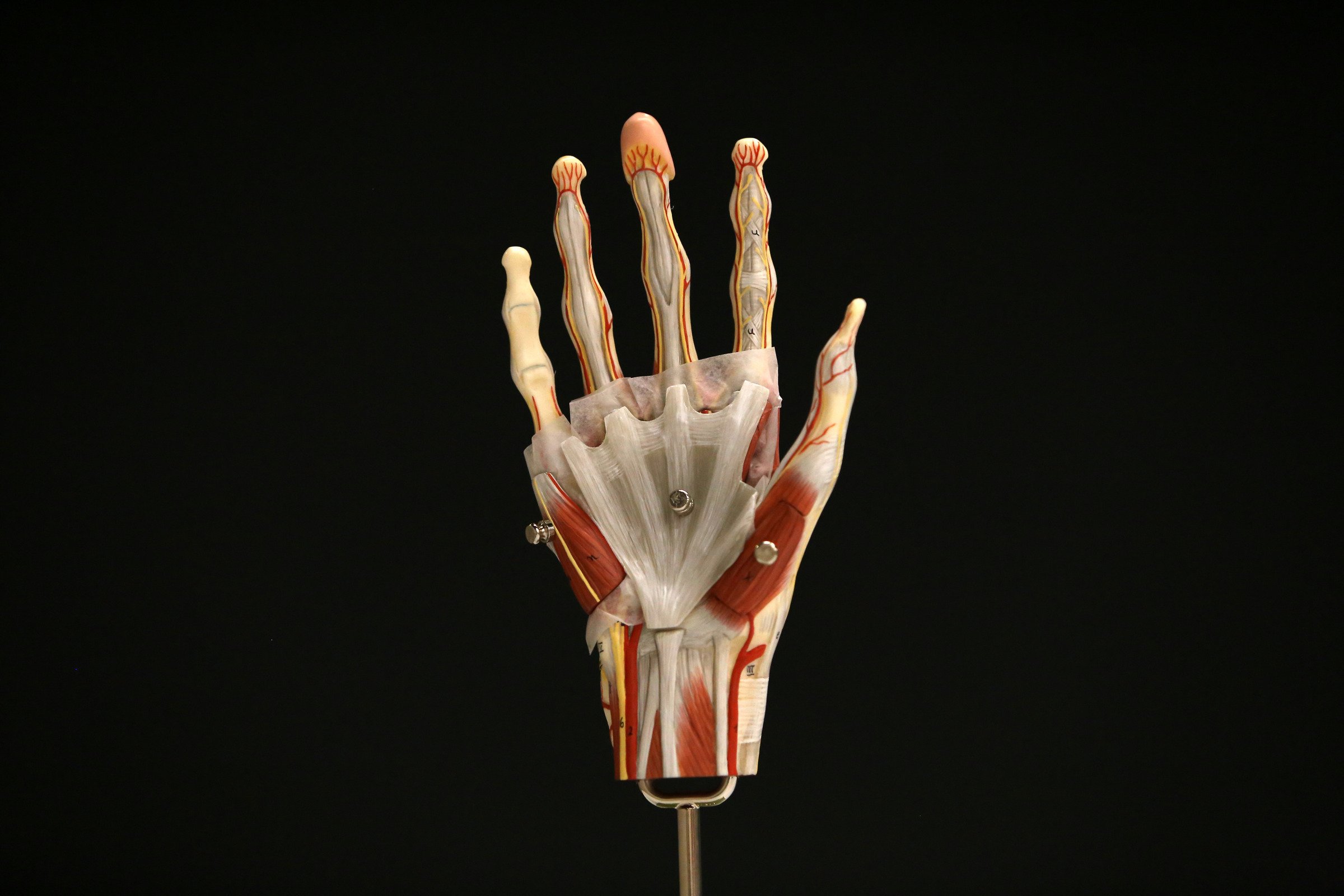 Read more
Read more
College Credits: 1
This stand-alone lab course can be used alongside an A&P II lecture. This lab course initiates the application of Human Anatomy and Physiology by having students complete at-home laboratory experiments, guided by online exploration activities, exercises, and evaluations. It is the second part of a two part series. The lab course places emphasis on organization and overview of the human body, chemical reactions, maintenance of the body, integration, regulatory mechanisms and the dynamics of support and motion, as they pertain to topics not covered in the first session of the course. Specific topics covered include a review of A&P fundamentals from A&P I, the endocrine system, the cardiovascular system, the vasculature and respiratory system, the lymphatic and immune systems, the digestive system, the urinary system, fluid and electrolyte balance, and the reproductive system.
Biology
 Read more
Read more
College Credits: 3
Students will develop knowledge and understanding of information collection and interpretation, hypothesis analysis, and principles and processes of biology. This course will address fundamental biological principles using the two cornerstones of modern biology: genetics and evolution. Elementary chemistry, cell theory, reproduction, and development will also be covered. The emphasis is on biological chemistry, cell structure and function, cellular metabolism, genetics. Introduction will be made to the basic principles of modern biology, including biomacromolecules, bioenergetics, cell structure, homeostasis, evolution, and ecological relationships.
Microbiology
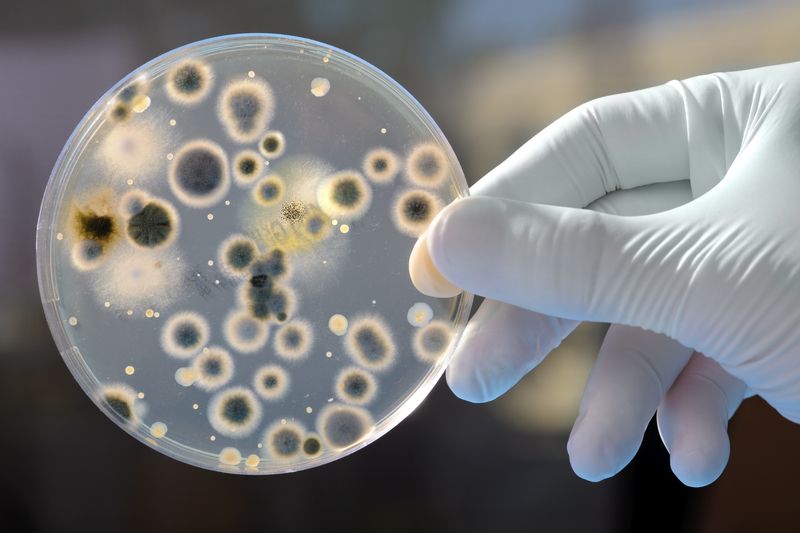 Read more
Read more
College Credits: 3
Microbiology is a course intended for students interested in learning about the microbial world and how the microbial world influences human actions and interactions. This course covers principles of microbiology with emphasis on microorganisms and human disease. Topics include an overview of microbiology and aspects of medical microbiology, microbial growth and control, microbial evolution, genetics, and genetic modification, the effects of climate change on microbial environments, naming and classification of microbial organisms, identification and control of pathogens, disease transmission, host resistance, public health and industrial microbiology, and immunity. This course also includes instruction in microbial genetics, cell biology, cell physiology, virology, pathogenic microbiology, environmental microbiology, and laboratory methods including microscopy. In the course we will address not only the ability of microorganisms to cause disease, but also their role in research, their importance in functional ecosystems and their economic significance.
Microbiology Lab
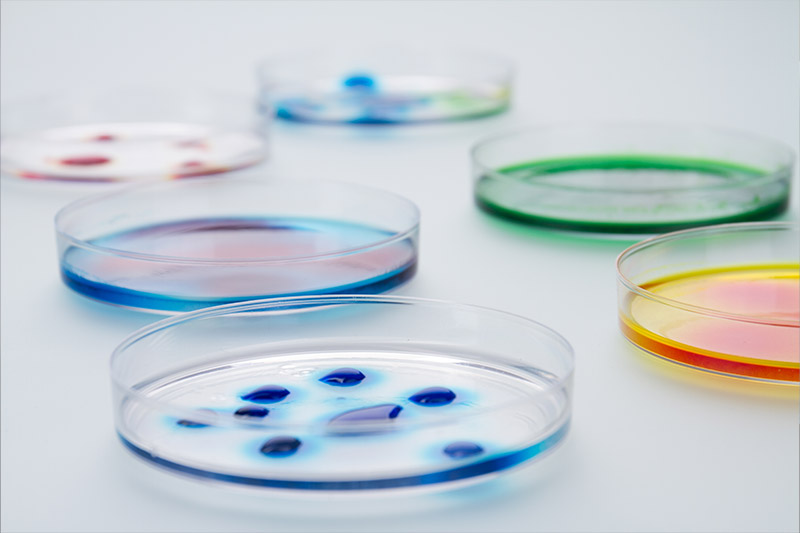 Read more
Read more
College Credits: 1
This stand-alone lab course can be used alongside a Microbiology lecture. This lab course initiates the application of Microbiology by having students complete at-home laboratory experiments, guided by online exploration activities, exercises, and evaluations. Microbiology is a lab course intended for students interested in learning about the microbial world and how the microbial world influences human actions and interactions. Specific topics covered include Laboratory Safety, Using a Virtual Microscope, Microbiology Laboratory Preparation, Microscopy for Microbiology – Use and Function, Aseptic Technique and Culturing Microbes, Bacterial Morphology and Staining Techniques, Bacterial Identification through Selective and Differential Media, Hand Washing and Normal Flora, Bacterial Enumeration- Dilutions and Plate Counts, Environmental Influences on Microbial Growth – Salt Tolerance and pH Testing, Biochemical Testing for Microbial Identification – Methyl Red, Voges-Proskauer, and Catalase Testing, Antiseptics and Disinfectants, and Food Safety.